This week’s good climate news
With so much still to do to slow warming and avoid the worst impacts of climate change, it’s important to fortify ourselves by celebrating wins along the way.
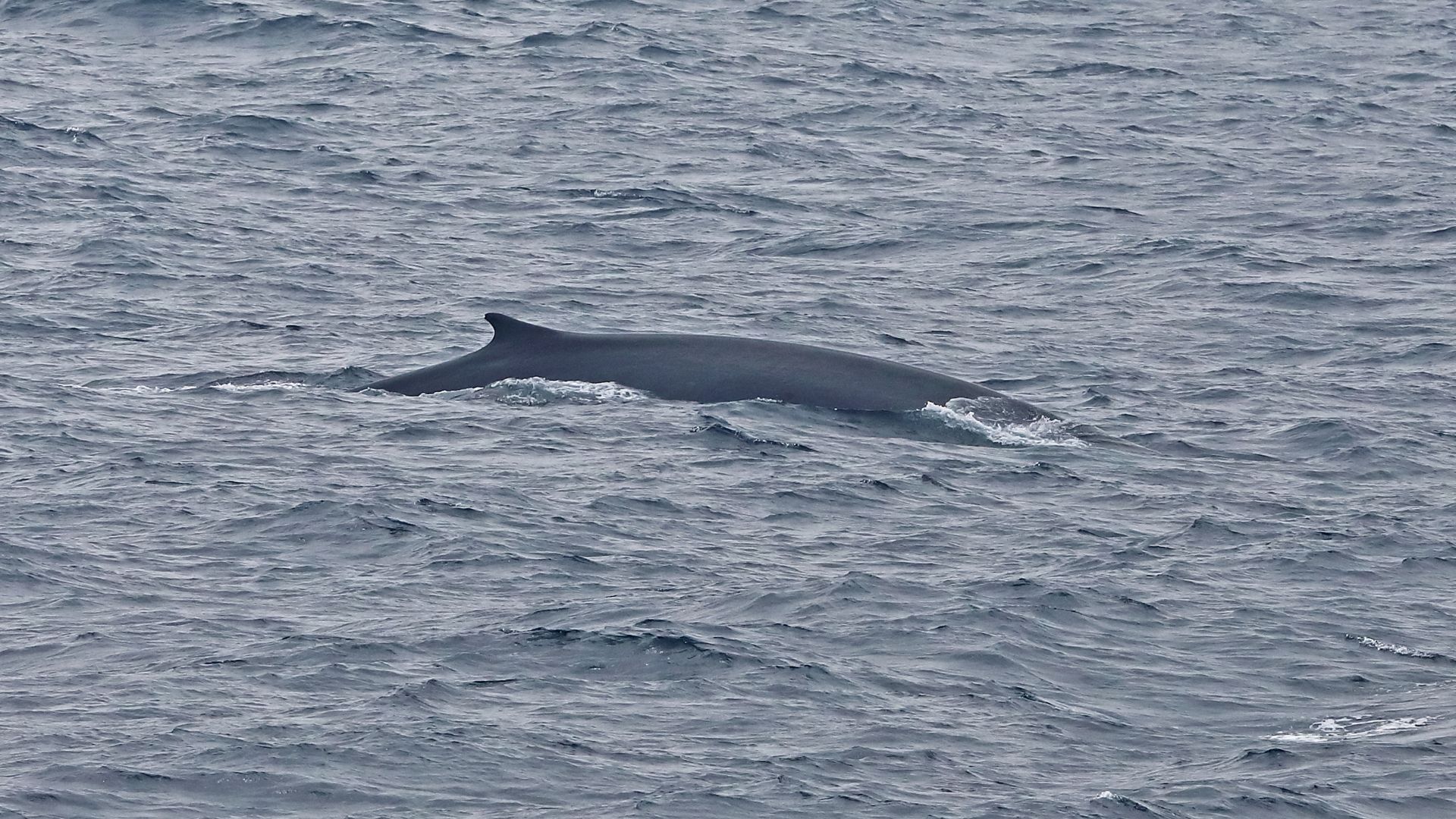
Huge pod of fin whales spotted near Antarctica
Commercial whaling devastated the fin whale population, but researchers came across a group of 150 whales in their historical feeding grounds: the Antarctic Peninsula. This is the largest documented gathering of fin whales ever recorded.
Helena Herr, a marine mammal ecologist at the University of Hamburg, says this is "a sign that if you enforce management and conservation, there are chances for species to recover."
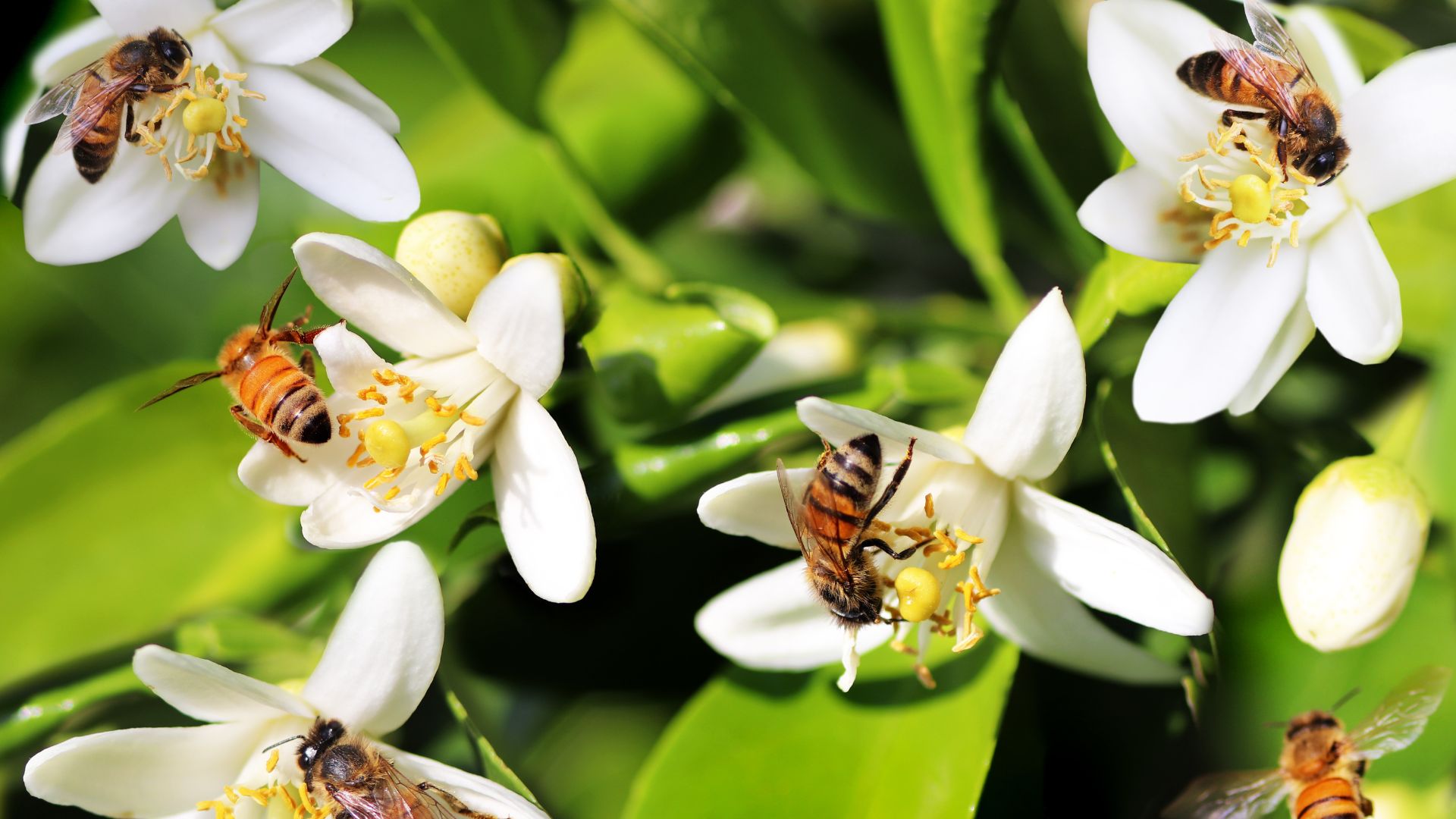
Bees get boost in Washington
Bees are crucial to a thriving environment and Washington state plans to assist native species in the face of climate change. Researchers are assessing the impacts from extreme weather and identifying which plants will help the bees thrive.
After a wildfire, for example, spreading the seeds of these bee-favorite plants could help not only the bees but also the scorched earth.
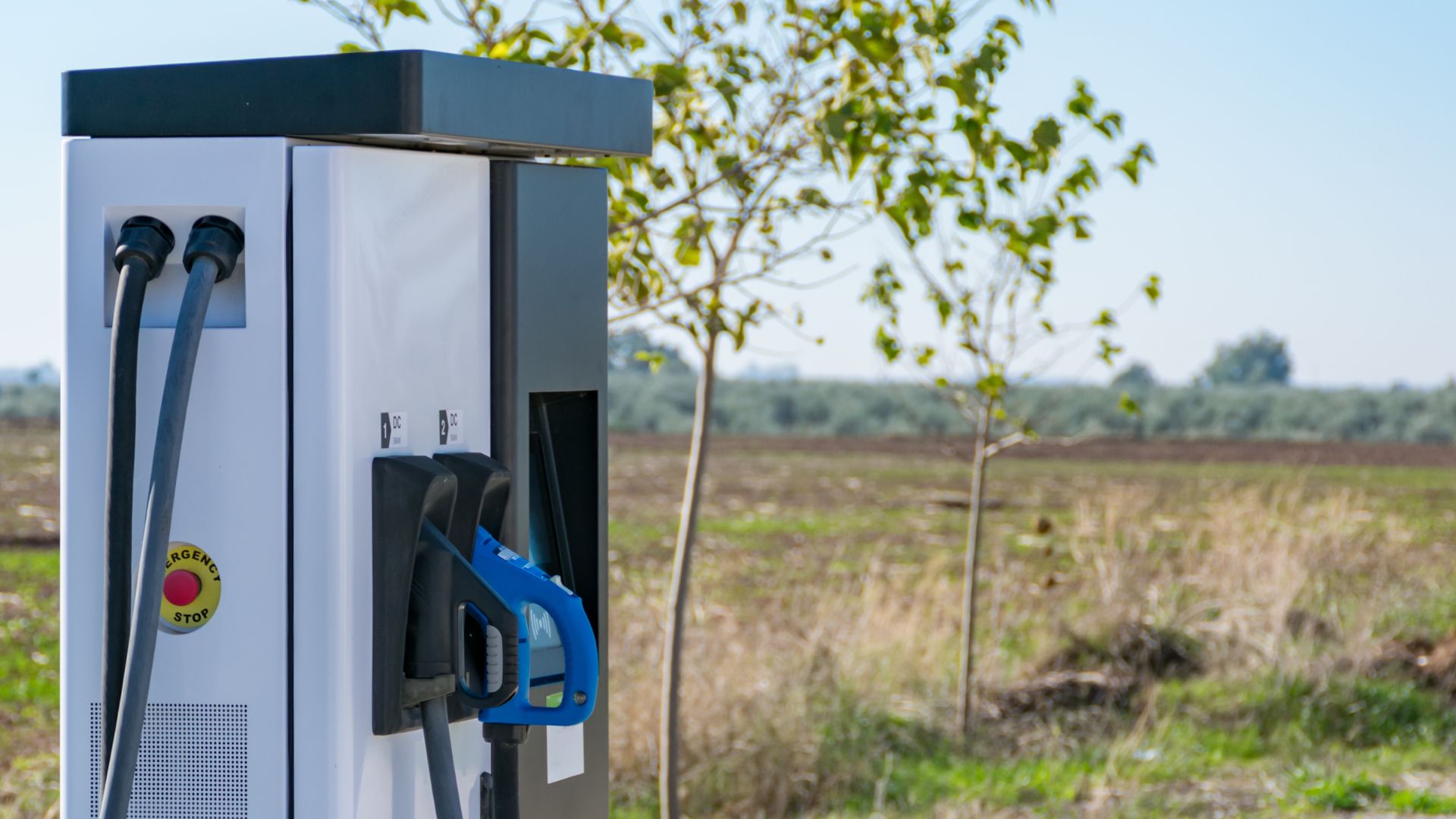
$28 million investment in EV charging stations in Idaho
Idaho is set to receive roughly $28 million to advance President Biden’s goal to build a national electric vehicle charging network. The state plans to build stations every 50 miles of interstate with four chargers at 150 kilowatts each.
Public comments have been positive for the EV charging expansion, with the major concerns being convenience and ease of use. Idahoans can expect these new charging stations to start rolling out in late 2023.
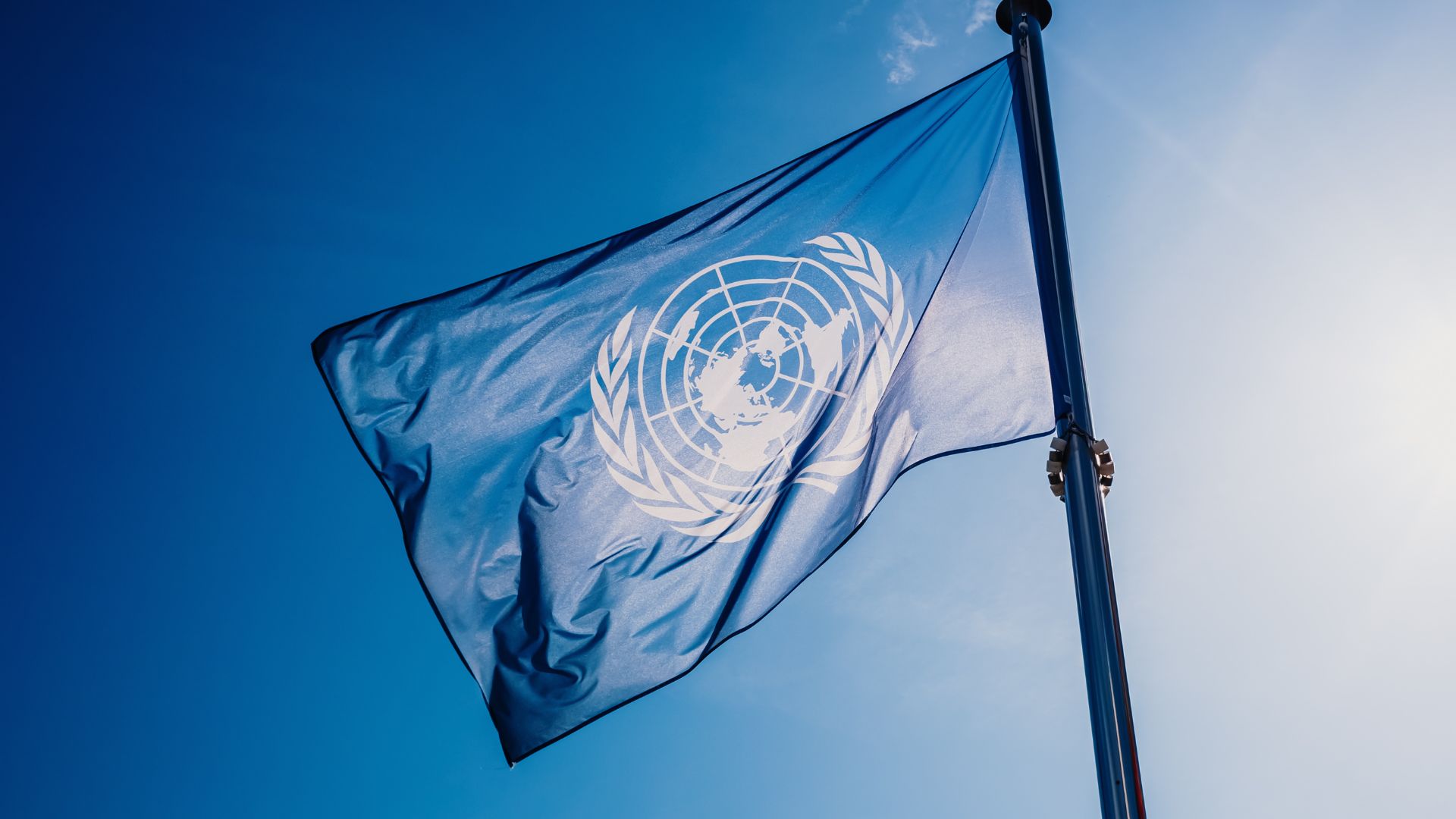
Climate agreement focusing on Indigenous voices gains support
The Escazú Agreement is the first climate treaty to focus on Indigenous voices and it’s gaining support worldwide. It aims to fight climate change in Latin America and the Caribbean and protect the rights and safety of Indigenous people.
The United Nations Permanent Forum on Indigenous Issues released a report in June urging its member states to support the Escazú Agreement.
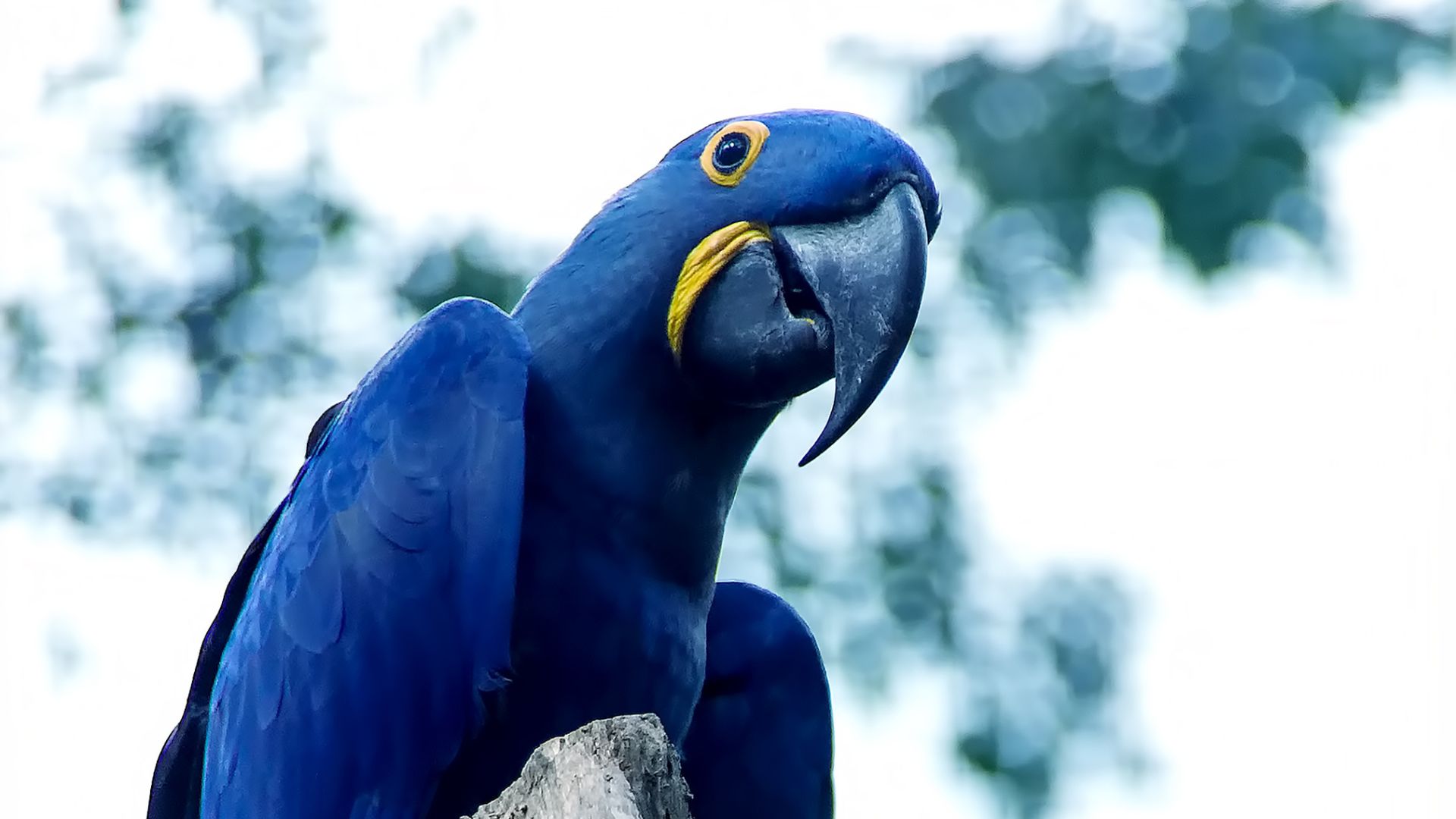
The Spix's macaw was just resting
The Spix’s macaw was no more. They had ceased to be. Two decades ago, the last of them disappeared from the wild. A few birds could only be found in collector's cages...until now. A program has re-introduced them to Brazilian jungles, and they're expected to breed next spring.
The first flock of Spix's macaws, with their beautiful plumage, was released back into the wild a month ago, and all the birds remain alive and well in their flock.










